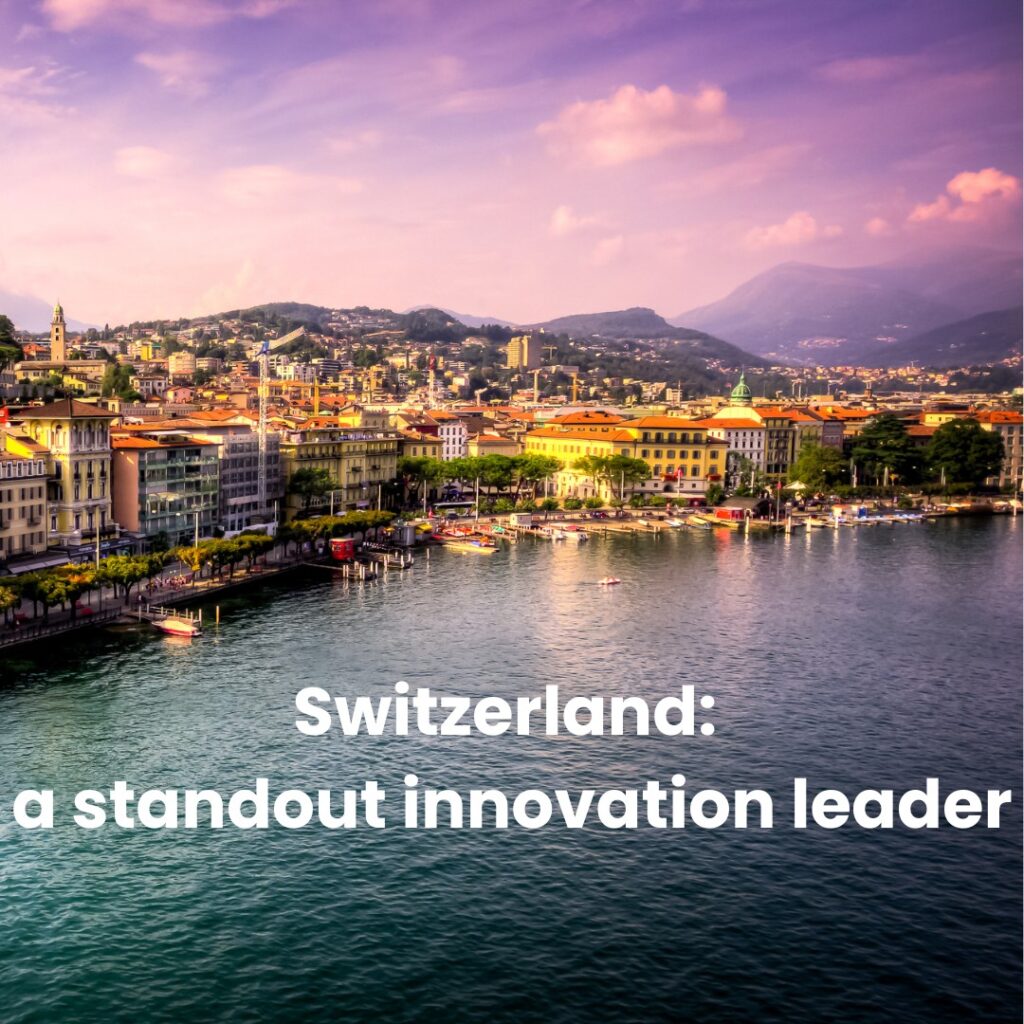Insight 2 min read
European Innovation Scoreboard 2024: tracking progress and challenges across the continent
The latest edition of the EIS, released on July 8, 2024, outlines significant trends and developments in Europe’s innovation landscape.

The European Innovation Scoreboard (EIS) provides a comparative analysis of research and innovation performance across the European Union (EU), other European countries, and selected neighboring nations.
By evaluating national innovation systems, the EIS highlights key strengths, weaknesses, and challenges, offering insights for policymakers to enhance innovation.
The latest edition of the EIS, released on July 8, 2024, outlines significant trends and developments in Europe’s innovation landscape.
Tracking progress and challenges across the continent
Since 2017, the EU has seen a 10% improvement in innovation performance, with a more modest increase of 0.5 percentage points between 2023 and 2024.
During this period, 15 Member States improved their innovation scores, while 11 saw declines.
These trends highlight both progress and persistent challenges, with innovation performance varying widely across the region.
The EIS 2024 divides Member States into four categories:
- “Innovation Leaders”
- “Strong Innovators”
- “Moderate Innovators”
- “Emerging Innovators”
Denmark emerged as the top innovator in 2024, surpassing Sweden, which had held the lead from 2017 to 2022.
Estonia advanced into the Strong Innovators group, while Belgium slipped from Innovation Leader to Strong Innovator.
Switzerland: a standout innovation leader
Though not an EU member, Switzerland continues to outperform with a score of 138.4% of the EU average.
Its robust research system is integrated into the global ecosystem, excelling in international scientific collaboration and attracting top foreign doctorate students.
With significant investments in R&D and growing venture capital, Switzerland’s innovation framework remains among the strongest in Europe.
Switzerland’s innovation activities are focused on product innovations, especially within SMEs, though the country lags in intellectual asset generation such as patents and trademarks.
Notably, its performance in environment-related technologies has declined, reflecting a potential challenge in global sustainability efforts.
However, Switzerland continues to drive employment in knowledge-intensive sectors, and its domestic innovation market remains strong.
The European Innovation Scoreboard 2024 reveals both progress and disparities in innovation performance across Europe.
While the EU has made gains in research and development, countries like Switzerland lead the way with robust frameworks and investments.
Yet, challenges remain, particularly in intellectual asset generation and environmental sustainability, underscoring the need for continued focus on fostering innovation throughout the continent.
Be part of the Switzerland Innovation at https://dagora.ch/
